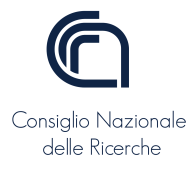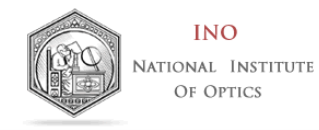
Assistive technologies provide a set of advanced tools that can improve the quality of life not only for disabled, patients and elderly but also for healthy people struggling with everyday actions. After a period of slow but steady scientific progress, this scientific area seems to be mature for new research and application breakthroughs. The rapid progress in the development of integrated micro-mechatronic and computer vision tools has boosted this process.
The interest in this applied field is increasing due to the possibility to exploit advanced technologies coming from the results for traditional problems in computer vision (such as face analysis, tracking, detection and recognition, human behaviors analysis).
However, many problems remain still open especially as regards to environment perception and interaction of these technological tools with people.
The main scope of ACVR 2015 is to bring together researchers from the diverse fields of engineering, computer science, social and bio-medical science who investigate in the context of Computer Vision and Robotics to discuss the current and next generation of Assistive Technologies.
The researchers will present their latest progress and discuss novel ideas in the field. Besides the technologies used, emphasis will be given to the precise problem definition, the available benchmark databases, the need of evaluation protocols and procedures in the context of Assistive Technologies.
Papers are solicited in, but not limited to, the following TOPICS:
- Augmented and Alternative Communication
- Human - Robot Interaction
- Mobility Aids
- Rehabilitation Aids
- Home Healthcare
- Technology for Cognition
- Automatic Emotional Hearing and Understanding
- Activity Monitoring Systems
- Manipulation Aids
- Scene Understanding
- Life-logging
- Visual Attention and Visual Saliency
- Smart Environments
- Safety and Security
- Quality of Life Technologies
- Navigation Systems
- Sensory Substitution
- Mobile and Wearable Systems
- Applications for the Visually Impaired
- Sign language recognition and applications for hearing impaired
- Applications for the Ageing Society
- Datasets and Evaluation Procedures
- Personalised Monitoring
- Video summarization
- Egocentric and First-Person Vision
- Applications to improve health and wellbeing of children and elderly
- Food Understanding
- Ambient Assistive Living






